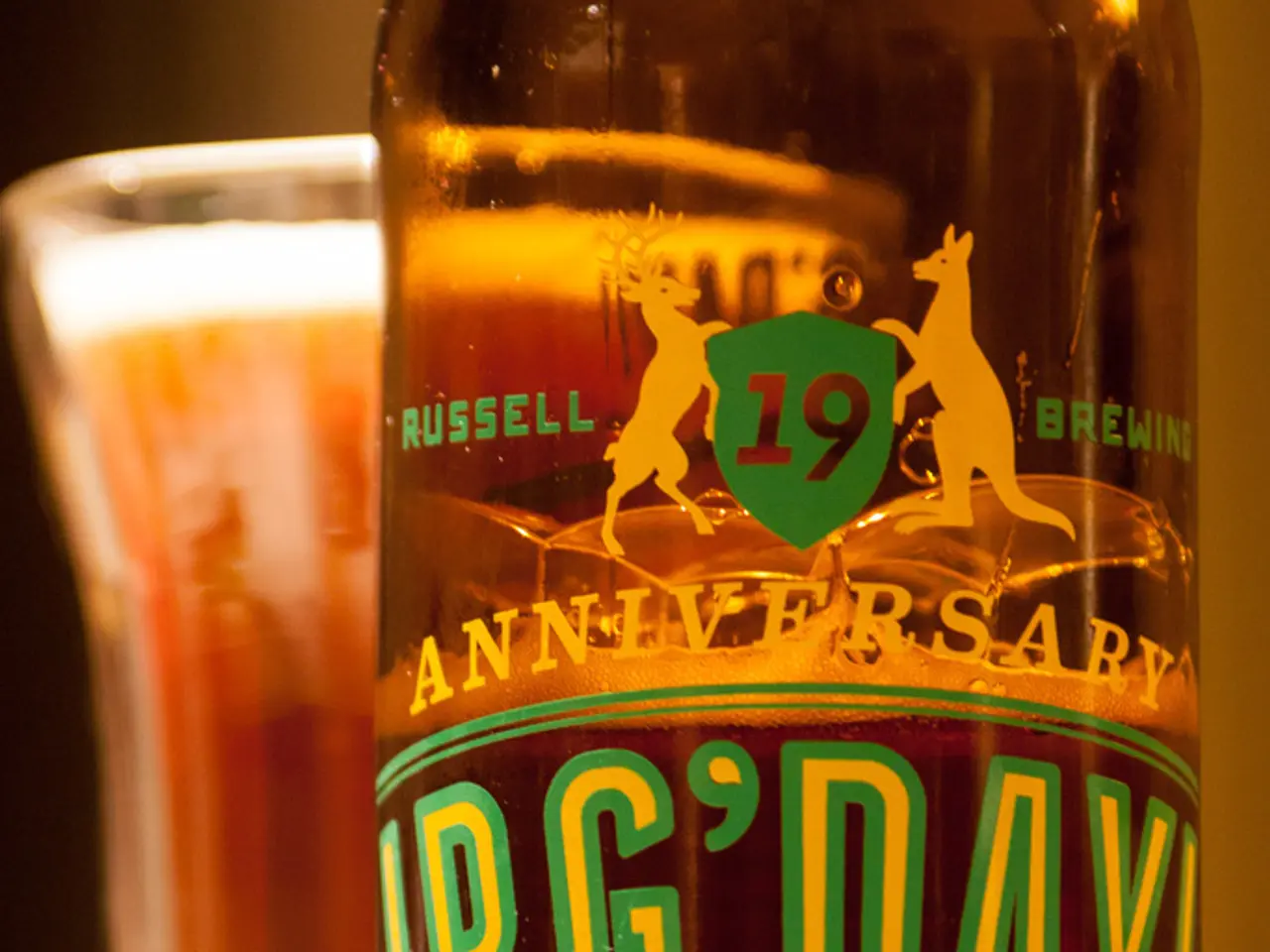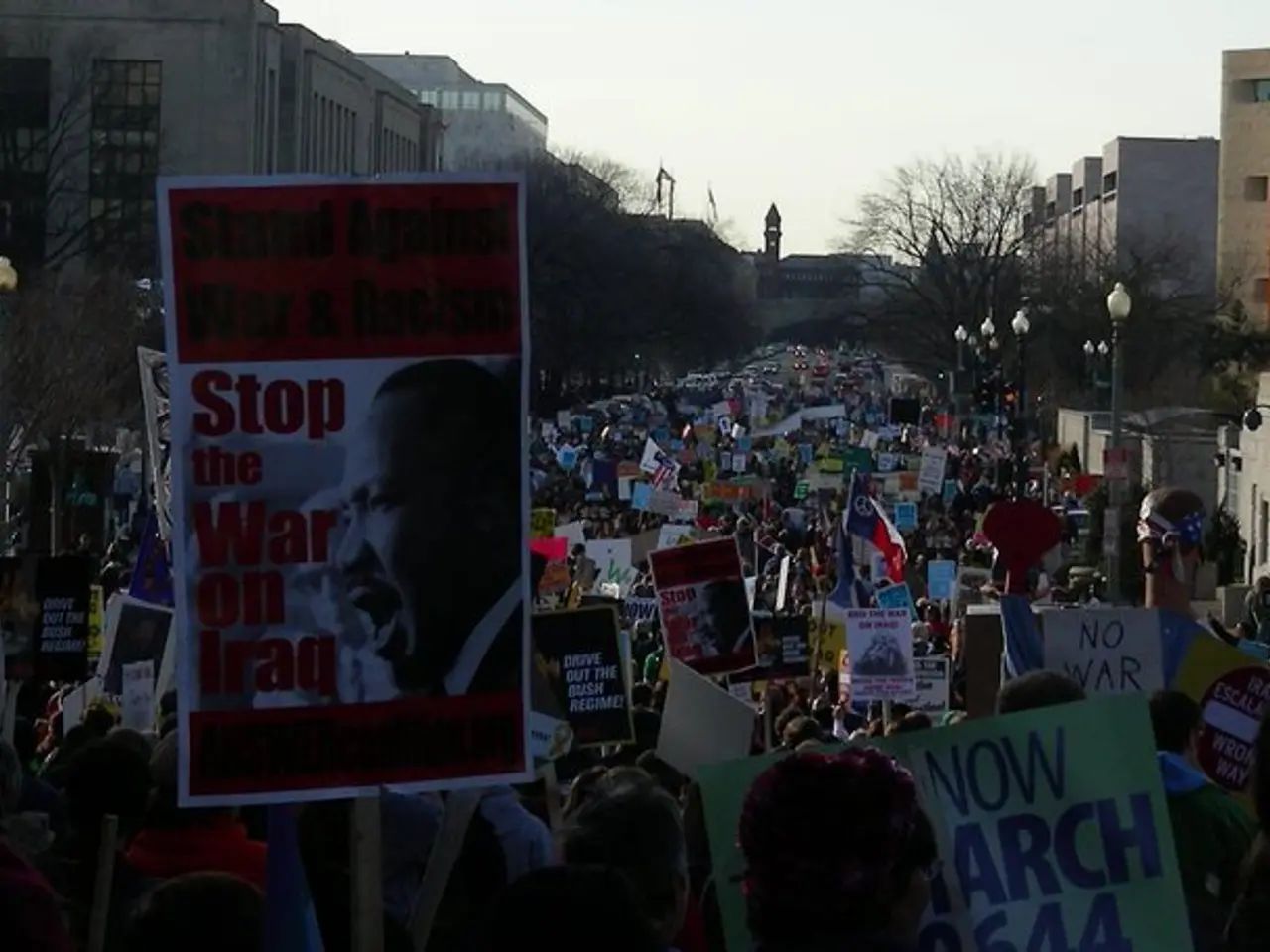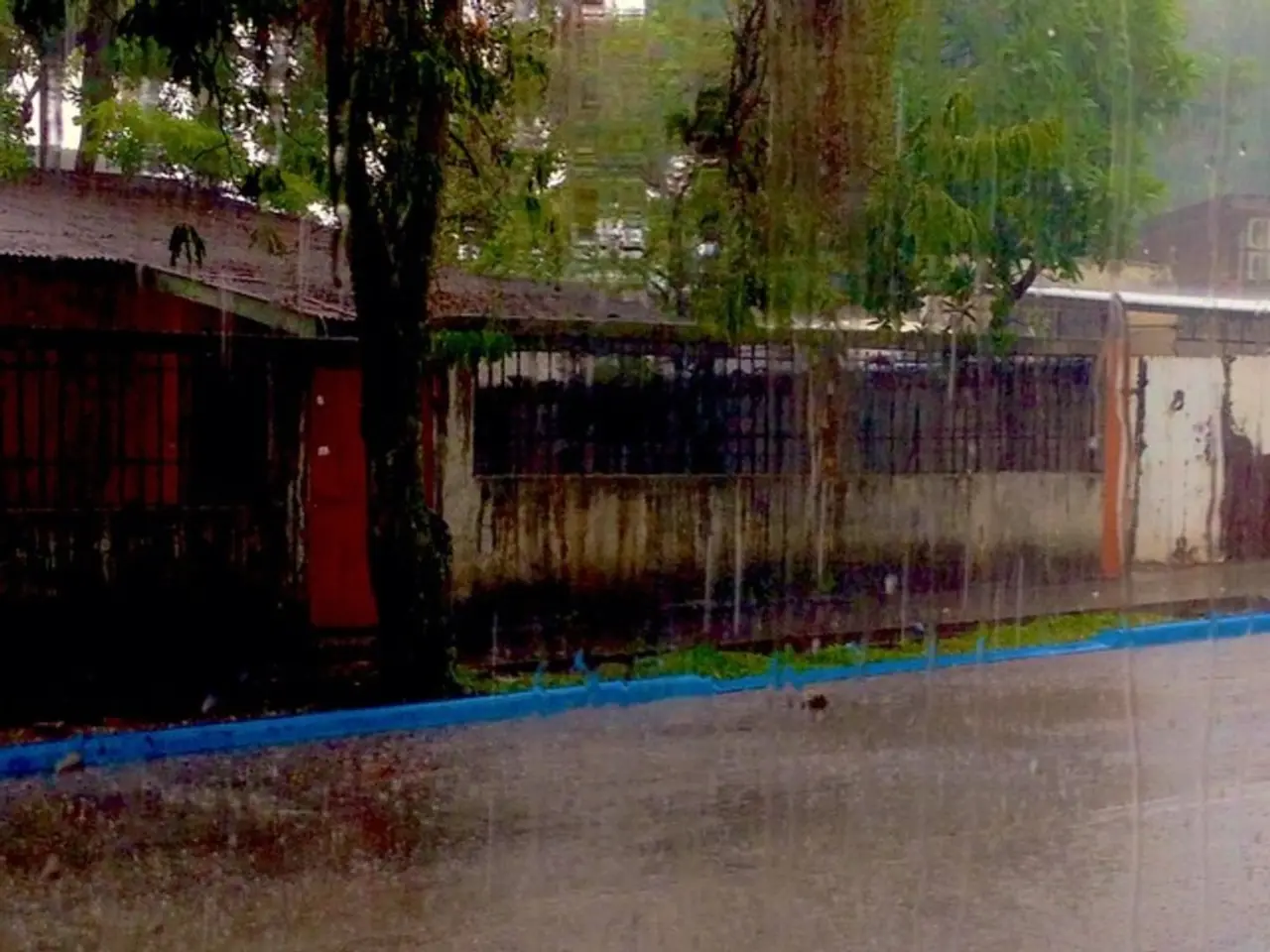Wine and Tariffs: An Unexpected Historical Confrontation, as Told by Katherine Cole
In the annals of history, tariffs on high-end beverages like tea and wine have left an indelible mark, triggering political upheaval, cultural shifts, and economic disruptions across the globe.
One of the most iconic examples of this can be traced back to 1773, in America, where British taxes on tea sparked colonial outrage, culminating in the Boston Tea Party. This protest, which was as much political as it was cultural, marked a turning point in the emerging American identity, steering the nation away from tea towards coffee. This demonstrates how a tariff can influence market behavior and social customs.
Fast forward to the 19th century, and tariffs on wine played a pivotal role in European political movements, such as Italy’s unification. High wine tariffs imposed by Austria, a dominant power at the time, partly justified the Italian Risorgimento (unification war), linking tariffs directly to broader nationalist and economic struggles.
More recently, tariffs have affected the modern wine market. In 2025, the U.S. imposed a 30% duty on EU wines, disrupting supply chains and raising prices. Meanwhile, Canadian wines gained a price advantage due to exemptions under trade agreements like USMCA. These tariffs have substantially altered competitive dynamics and consumer costs.
Historically, wide-ranging tariffs on food and beverages have been known to increase prices for consumers and disrupt established supply chains, illustrating their broad economic consequences. However, as Napoleon's Continental System shows, embargoes and tariffs can backfire, causing shortages and economic harm to allies rather than achieving intended goals.
The diversity of Italian wine styles and grape varieties may be attributed to the cost of carting wine to the next town. During England's anti-France tariff era, privateers often 'captured' and auctioned off top-shelf Bordeaux that had drifted near British shores. The development of delicious ports in Portugal was not a result of the Methuen Treaty, but rather a consequence of it.
In a more recent development, the free trade agreements of the early 1990s, including NAFTA, had a significant impact on the wine industry. They raised wine quality standards across the board, contributing to the demise of 'terrible but cheap' wineries in certain regions, paving the way for improved quality.
The 2023 Willamette Valley Pinot Noir and Chardonnay vintage is being hailed as exciting by those who have tasted it. The wines are lively and generous in their youth, hinting at depth and expression to come. A tasting of these wines was attended by winemakers from Abbott Claim, Adelsheim, Cristom, Lingua Franca, and Résonance.
In conclusion, tariffs on high-end beverages have been catalysts for political resistance, cultural change, economic disruption, and even national unification, reflecting their deep and multifaceted impact throughout history. Professor Orley Ashenfelter, president of the American Association of Wine Economists, believes that free trade helps every drinker, including wine consumers. As such, the future of the high-end beverage market will likely continue to be shaped by the interplay of trade policies and consumer preferences.
Wine news: The US imposing a 30% duty on EU wines in 2025 disrupted supply chains and raised prices, creating competitive dynamics and consumer cost changes (Reference to the modern wine market).
Politics and general-news: Tariffs on wine in the 19th century played a significant role in European political movements, such as Italy’s unification, linking tariffs directly to broader nationalist and economic struggles (Reference to European political movements).








